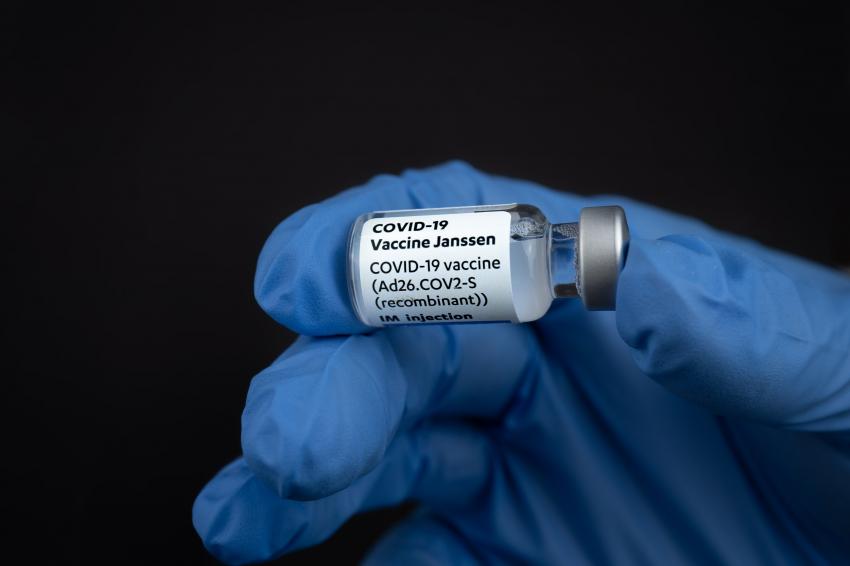J&J Covid Shot to Carry Guillain-Barré Warning
J&J’s shot already carries a warning label that it has been associated with a serious blood clotting disorder in women. The vaccine additionally has been beset by manufacturing difficulties, in major part due to the well publicized problems at US CDMO Emergent BioSolutions. That company’s Baltimore, Maryland, plant remains closed following a review of its safety profile shortly after employees mixed ingredients of the J&J shot with AstraZeneca’s.
As concerns Guillain-Barré, the FDA and the US Centers for Disease Control (CDC) believe the risk of of developing the condition is low overall; however, it appears to be three to five times higher among recipients of the vaccine manufactured and marketed by J&Js’ pharmaceuticals subsidiary Janssen than among the US population generally.
Through the US monitoring system Vaccine Adverse Event Reporting System (VAERS), health officials have identified around 100 suspected cases of the disease among people receiving the single-dose J&J shot. The CDC said most have been reported about two weeks after vaccination, with males aged 50 years and older appearing to be the most commonly affected. Most people who develop the condition are said to recover, though some suffer lasting nerve damage.
AstraZeneca’s viral vector has also been in the negative spotlight, beset both by rollout problems and troubling blood clotting issues. It has become so unpopular with Europeans that many countries are donating doses and relying solely on the mRNA vaccines – Germany being the latest to do so. The FDA has not even approved AZ’s vaccine branded Vaxzevria, and is taking its time as the US says it isn’t needed.
In the US as well as other countries, the flagging interest in vaccination is worrying authorities, as the Delta variant of Covid, spreads. Originally discovered in India, it is seen as being far more contagious than either the wild type that appeared in Wuhan, China, or the Alpha variant first seen in the UK.
Although 13 million people in the US have received Johnson & Johnson’s shot, reports say that 92% of those fully vaccinated received doses made by Pfizer/BioNTech or Moderna. Altogether, only a third of the population has been fully vaccinated, slightly more than in Europe but less than in the UK, where Delta is currently raging. Vaccination rates in less developed countries are a fraction of that.
In addition to offering financial incentives, the Biden administration has shifted its focus away away from mass vaccination centers and is now enlisting community workers in door-to-door information campaigns, as well as supplying doses to primary care doctors and expanding mobile clinics. The US political opposition is pushing back against the campaigns, in particular claiming that federal agents are going door to door to force people to get vaccinated.
Author: Dede Williams, Freelance Journalist





